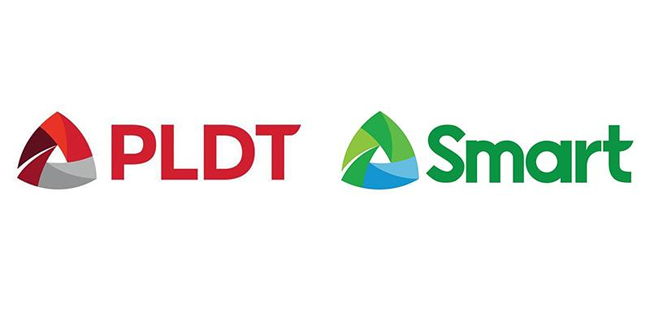PLDT and Smart Communications will shift to e-invoicing.
Ahead of the mandatory implementation next year, Smart Communications and PLDT announced that the group’s enterprise customers will shift to e-invoicing (electronic invoicing) starting April.

Smart and PLDT said last March 25 that they were chosen by the Bureau of Internal Revenue (BIR) to take part in the pilot implementation of the EIS (electronic invoicing system).
PLDT tax management and advocacy sector first vice president Ma. Criselda Guhit said that the group supports the Department of Finance’s (DOF) efforts to improve the Philippines’ tax collection and administration.
“As responsible corporate citizens helping drive the government’s digitalization, we piloted the issuance of e-invoices and e-receipts, in fulfillment of our mandate under the law,” Guhit said. “This complements the paperless billing program we are implementing for our Enterprise customers.”
READ ALSO: PLDT Breaks Ground For Largest Hyperscale Data Center Facility In Laguna
Starting April, the group’s enterprise customers may be able to view their statements of account via online channels.
PLDT said that the digital billing program is aligned with the group’s aim to improve customer experience by ensuring accurate and timely billing, protecting data privacy, and streamlining processes in its group-wide pivot to digital transformation.

Also, PLDT said that it reinforces the group’s commitment to helping the Philippines achieve the United Nations Sustainable Development Goal No. 12 on sustainable production and consumption.
In order to reduce value-added tax (VAT) fraud and to simplify transactions for taxpayers, electronic receipt issuance or e-invoice became mandatory in the country when the TRAIN (Tax Reform for Acceleration and Inclusion Act) law took effect in 2018.
Under the TRAIN law, taxpayers engaged in the export of services or goods, e-commerce, and those considered large taxpayers, are required to issue e-receipts or e-invoices for their transactions within 5 years from the law’s effectivity, or on or before January 1 next year.
Thank you for visiting Newspapers.ph. You may express your reactions or thoughts in the comments section. Also, you may follow us on Facebook as well.
